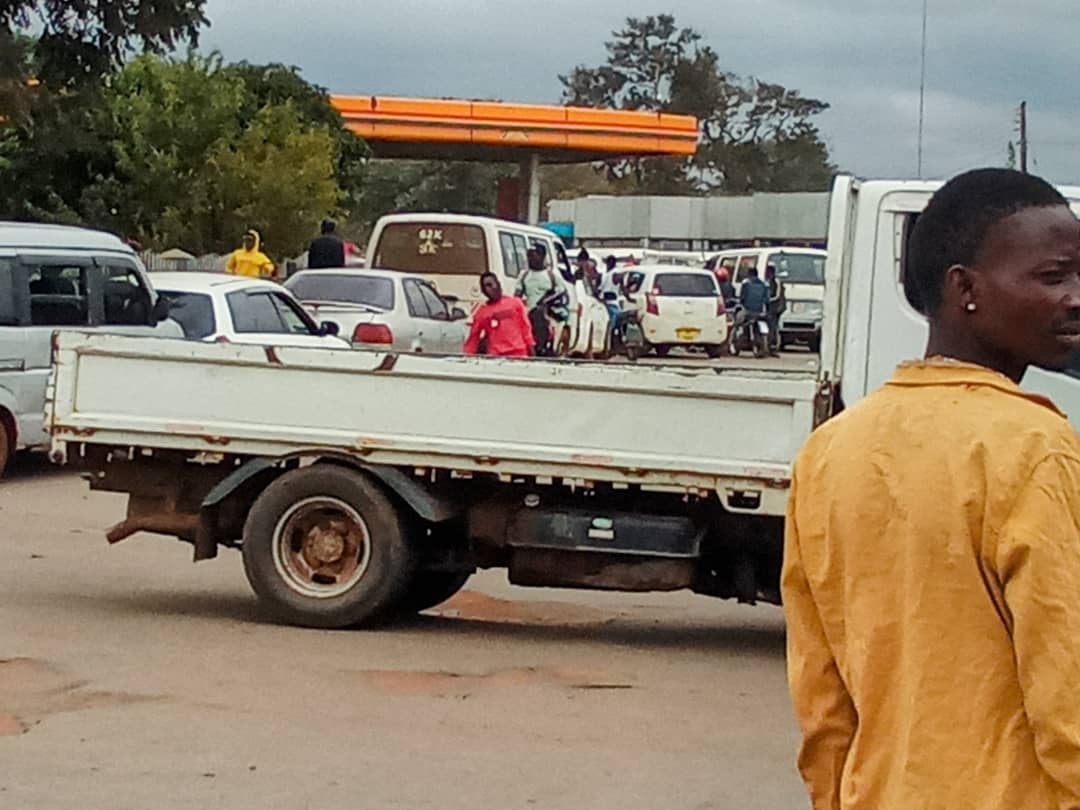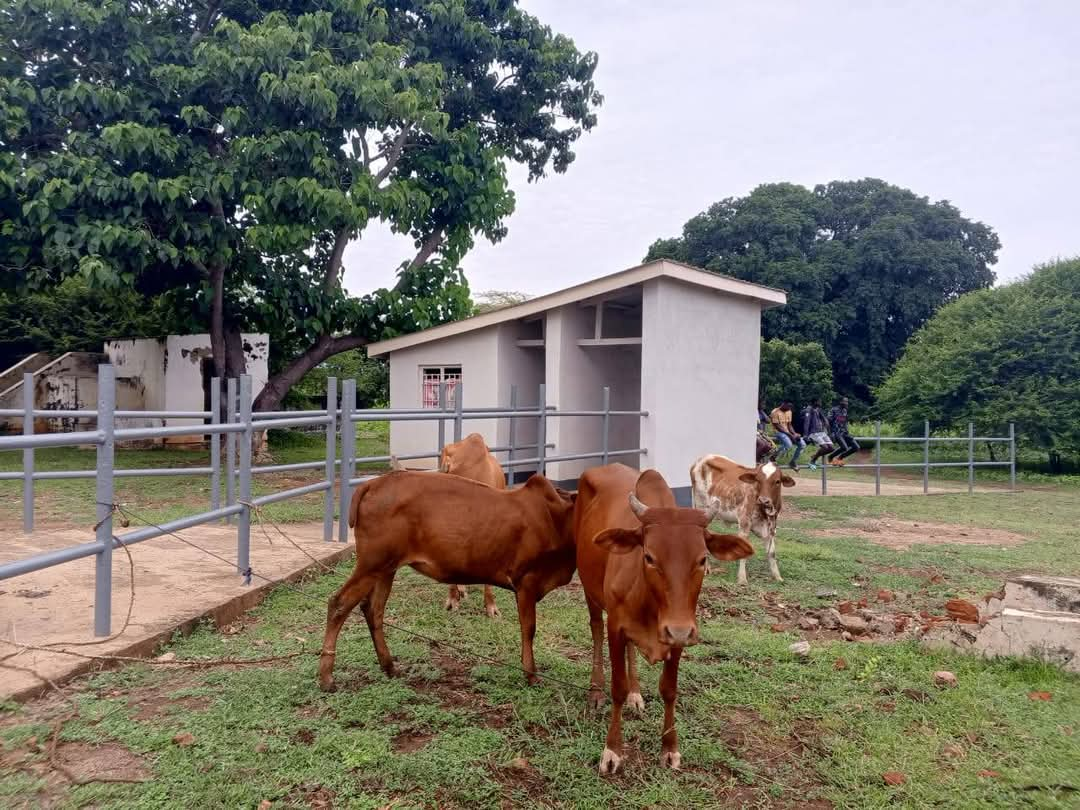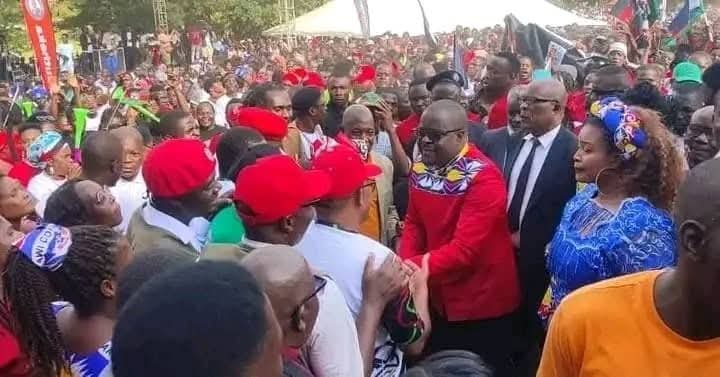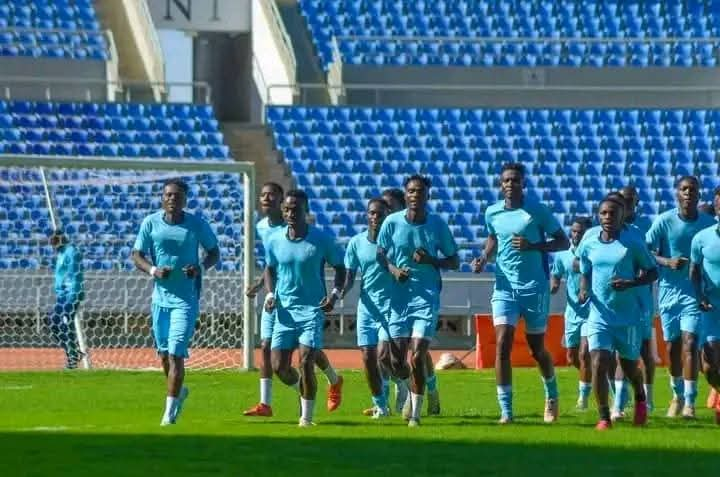By Burnett Munthali
We visited Petroda Filling Station along the M1 road in Lilongwe as you head toward Blantyre, and what we saw was quite shocking.
We witnessed long queues of cars battling for fuel.
The nightmares of fuel shortages are here once again.
One wonders what our real challenges in this country could be.
Why do we keep recycling the same crises with no long-term solution in sight?
When our leaders speak, they give hope.
They describe the challenges this country faces and offer what sound like thoughtful solutions.
They promise reforms, policies, and interventions that should bring lasting stability.
But on the ground, the situation speaks a completely different language.
Government previously blamed the private sector’s involvement in fuel procurement.
Officials claimed it was a deliberate plan to bring down the MCP-led government.
The Minister of Energy at the time suggested to President Chakwera the introduction of government-to-government fuel procurement.
The aim was to ensure that fuel would be consistently available and more affordable.
It was sold as a strategic shift to avoid dependence on volatile private market forces and to eliminate speculative shortages.
However, here we are again—returning to the same old challenge.
Fuel scarcity is back.
Motorists are now forced to spend several hours in line at filling stations.
Some have resorted to purchasing fuel from the black market just to keep their businesses running.
This shadow market comes at a steep cost and brings with it a host of safety and quality concerns.
Passengers, too, are paying the price of this crisis.
Transport fares have spiked due to the fuel shortage.
On the streets of Lilongwe, passengers are now forced to dig deeper into their pockets just to move from one place to another.
Motorcycle and taxi operators are transferring the burden directly to commuters.
And it’s not just a matter of cost—it’s about access, about survival, about time lost in queues or stranded on the roadside.
This raises an uncomfortable question: do we really have solutions to the problems we face?
Or are we simply creating more problems for ourselves through poor decision-making?
Could it be that we lack the political will to implement the very solutions we proudly announce?
Is it a failure of leadership, of planning, or of follow-through?
These are not just rhetorical questions.
They point to a deeper issue—a systemic failure to break the cycle of crisis and move toward real development.
Until we confront this truth honestly, we may continue to witness the same script playing out year after year.
Malawians deserve better.
They deserve leadership that not only speaks but acts.
They deserve policies that are not only launched but lived out.
And they deserve a country where access to fuel is not a luxury, but a basic expectation.




